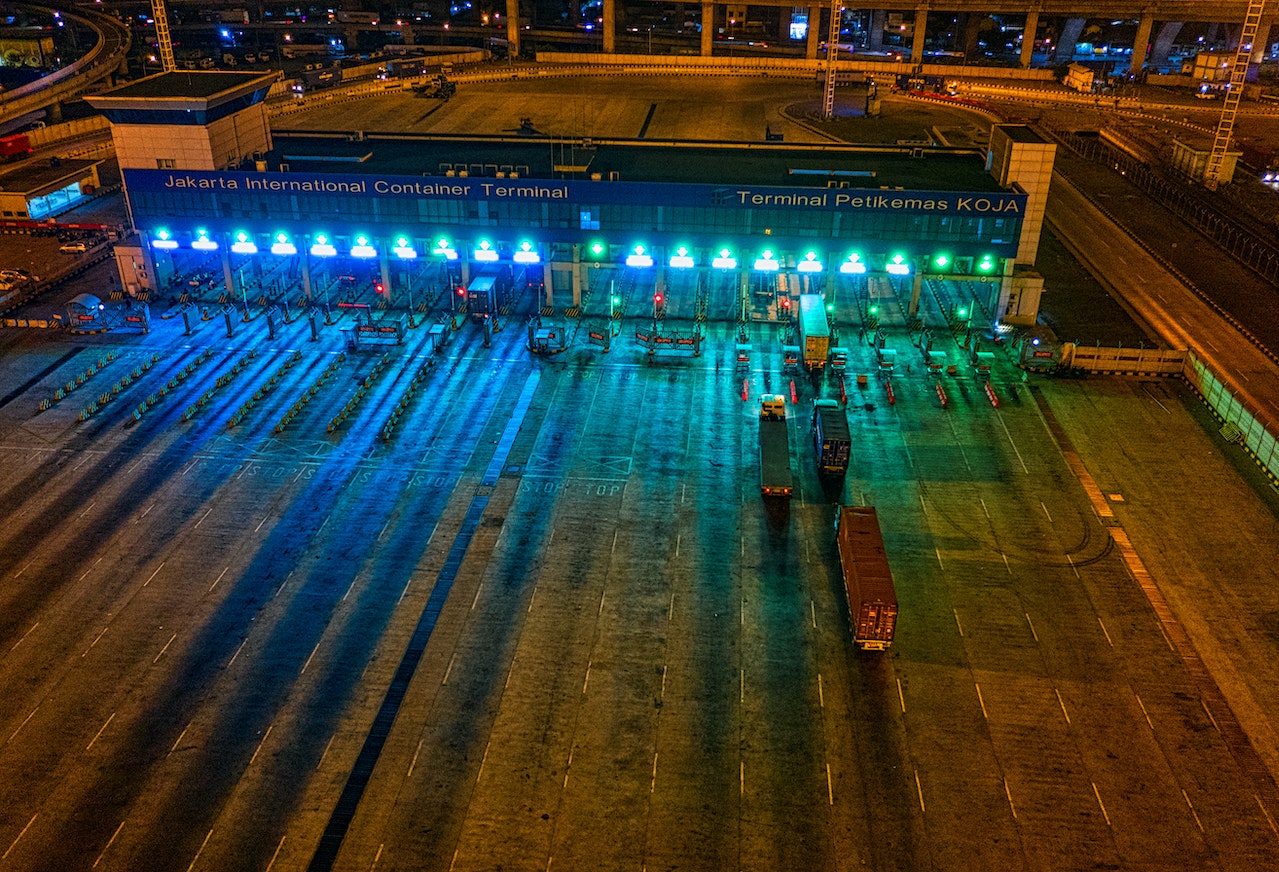Freight brokers and freight forwarders are often thought as one and the same. However, they are two distinct entities with different roles. In this blog post, we will provide an informative guide that explains the difference between the two. In fact, by the time you finish reading this post, you will have a clear understanding their functions.
What Is A Freight Broker?
A freight broker’s role is to connect shippers with carriers. Thus, they act as a liaison between the two parties. Despite, this simplistic explanation freight brokers are an essential part of the logistics chain. Freight brokers take care of important paperwork. Such as rate agreements, operating permits and insurance coverage. Most importantly, they negotiate fair market freight rates on behalf of the shipper and carrier.

What Is A Freight Forwarder?
A freight forwarder, on the contrary, is responsible for the entire logistics process. They offer a more comprehensive service. Most often freight forwarders are used in the transport of international shipments. Nevertheless, freight forwarders often depend on freight brokers. Especially, for inland transportation of LTL and truckload services. For instance, they may allow a freight broker to handle a truckload from Texas. Understandably, because efficiency in the logistics chain is important. This allows them to working on other aspects of the shipment. Because, just like freight brokers they too have lots of paperwork . Additionally, they also handle customs clearance at the port of entry. Freight forwarders have extensive knowledge and expertise in international shipping. In contrast, to freight brokers freight forwarders are responsible for ensuring the goods arrive at the destination in good condition.

Why Work with a Freight Broker?
Working with a freight broker can be beneficial for shippers who want to save time and money. Freight brokers have access to a large network of carriers and can negotiate better rates than a shipper could on their own. They also take care of all the administrative tasks involved in the shipping process, which saves shippers from having to dedicate resources to this task. Freight brokers offer shippers flexibility, as they can choose carriers that best meet their shipping needs.
Why Work with a Freight Forwarder?
Working with a freight forwarder can be a better option for shippers who are shipping internationally or have complex shipping needs. Freight forwarders have expertise in the logistics process and can offer advice on the best shipping routes, modes of transportation, and customs clearance procedures. Freight forwarders can also handle any issues that may arise during the shipment process, such as lost or damaged goods. This can relieve the shipper of any stress related to the shipment and allow them to focus on other aspects of their business.
Conclusion
In summary, freight brokers and freight forwarders have different roles to play in the logistics industry. Freight brokers focus on negotiating freight rates and handling administrative tasks, while freight forwarders handle the entire logistics process of shipping goods from one point to another. Both parties offer benefits to shippers, depending on their shipping needs. By working with the right party, shippers can ensure a seamless shipping experience that meets their budget and arrives at the destination on time.






